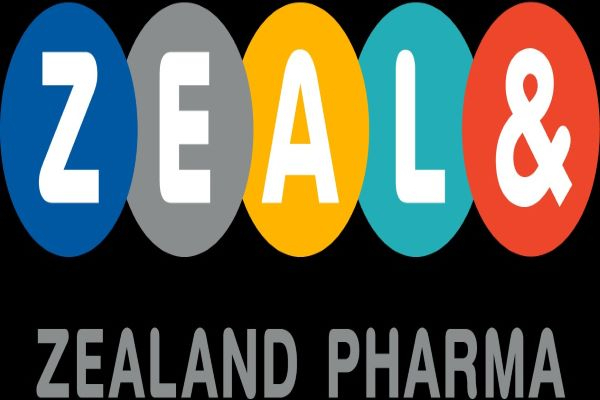Zealand Pharma anticipates initiation of a Phase 2b clinical trial in H2 2024

Zealand Pharma, a biotechnology company focused on the discovery and development of innovative peptide-based medicines, today announces positive topline clinical results from Part 2 of a Phase 1b multiple ascending dose (MAD) trial, investigating safety, tolerability, and clinical effects of 16 weeks of dosing with petrelintide, a long-acting amylin analog in development for weight management.
“The data reported from this 16-week trial are both exciting and compelling, demonstrating significant and clinically meaningful reductions in body weight with a very favorable tolerability profile. These results support our conviction that petrelintide is very well tolerated and can potentially play an important role as an alternative to incretin-based therapies for the management of overweight and obesity,” said David Kendall, MD, Chief Medical Officer of Zealand Pharma. “These data pave the way for rapid progression to Phase 2b trials of petrelintide and further support the potential of this long-acting amylin analog to deliver weight loss comparable to GLP-1 receptor agonists with a better patient experience. We look forward to initiation of the Phase 2b clinical trial of petrelintide in people living with overweight and obesity later in 2024.”
In Part 2 of the Phase 1b MAD trial, a total of 48 (~80% male) participants with a median age of 49 years and a median baseline BMI of 29 kg/m2, were randomized to receive 16 weekly doses of either petrelintide or placebo (3:1) within three dose cohorts. The mean body weight decreased by 8.6% from baseline among participants completing treatment with high dose petrelintide while placebo resulted in a mean body weight decrease of 1.7% from baseline.
Petrelintide was assessed to be well tolerated in the trial, with no serious or severe adverse events (AEs). All gastrointestinal (GI) AEs were mild except for two moderate events (nausea and vomiting) reported by one participant who discontinued treatment after the third dose. Notably, no other participants discontinued treatment due to AEs. No other participants reported vomiting and there were only two reports of diarrhea, both of which were mild. Nausea was reported by 16.7-33.3% for active groups and 16.7% for placebo. A low number of participants reported injection site reactions, all of which were mild. No anti-drug antibodies were observed.
These topline results are from an interim data cut. The final results will be based on all collected data including complete post-treatment follow-up from the third cohort. Zealand expects to present more details on the 16-week results from Part 2 of the MAD trial at a scientific conference later this year. The company also plans to rapidly progress the clinical development of petrelintide and initiate a Phase 2b clinical trial later in 2024.

Subscribe To Our Newsletter & Stay Updated